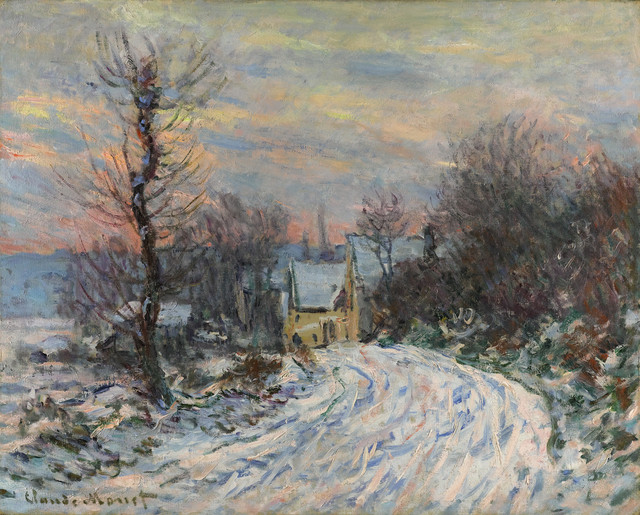
DO HEIRS PAY CREDIT CARD DEBT? When you consider the average credit card balance in 2023 was $6,365, chances are many Americans will leave an unpaid credit card balance if they die suddenly. A recent article from yahoo! finance asks and answers the question, “What happens to credit card debt when you die?”
Many people think death leads to debt forgiveness. However, this isn’t the case. Some forms of debt, like federal student loans, may be discharged if the borrower dies. However, this is the exception and not the rule.
Credit card debt doesn’t evaporate when the cardholder goes away. It generally must be paid by the estate, which means the amount of debt will reduce your loved one’s inheritance. In some cases, credit card debt might mean they don’t receive an inheritance at all.
Outstanding credit card debt is paid by your estate, which means your individual assets owned at the time of death, including real estate, bank accounts, or any other valuables acquired during your life.
Upon death, your will is submitted to the court for probate, the legal process of reviewing the transfer of assets. It ensures that all debts and taxes are paid before issuing the remaining assets to your designated heirs.
If you have a will, you likely have an executor—the person you named responsible for carrying out your wishes. They are responsible for settling any outstanding debts of the estate. If there’s no will, the court will appoint an administrator or a personal representative to manage the assets.
In most cases, your heirs won’t have to pay off your credit card debt with their own funds. However, you may be surprised to learn there are exceptions:
Debt collectors may try to collect from family members, even though the family members are not responsible for paying credit card debts. The debt collector may not state or imply that the family member is personally responsible for the debt, unless they are the spouse in a community property state or a joint account owner.
If a debt collector claims you personally owe money, request a debt validation letter showing your legal responsibility for the debt. Otherwise, you have no legal obligation to pay for it yourself.
When someone dies, their estate is responsible for paying debts, including credit card debt. However, debt is repaid in a certain order. In general, unsecured debt like credit card balances are the lowest priority and paid last.
Some accounts are exempt from debt payment:
If a loved one has died and they had credit cards, stop using any of their cards, even if you are an authorized user or joint owner. Review the deceased’s credit report to learn what accounts are open in their name and the balance on each account. Notify credit card issuers and alert credit bureaus—Equifax, Experian, and TransUnion. You may need to submit a written notification, a copy of the death certificate and proof of your being an authorized person to act on behalf of the estate.
Talk with an estate planning attorney to find out how your state’s laws treat the outstanding debt of a deceased person, as these laws vary by state.
Schedule your phone meeting: THE LAW OFFICES OF CLAUDE S. SMITH, III
DO HEIRS PAY CREDIT CARD DEBT?
Reference: yahoo! finance (Nov. 9, 2023) “What happens to credit card debt when you die?”
Legal problems are extremely stressful, especially when your family, your health, or your freedom are at stake. At this point in time, you may not even be sure what kinds of questions you need to ask a lawyer, but that’s entirely normal. Whether your situation involves family law, estate planning, elder law, a criminal charge, or a personal injury, we will start by giving you all the information you need.
The way we see it, you deserve to get this information directly from an expert. That’s why we make it easy for you to get in touch with your lawyer, and we never ask you to sit down with a paralegal or assistant instead.
As our relationship continues, we will keep you updated about the status of your case every step of the way. Your lawyer will reach out regularly to tell you about any new developments, and he will also be happy to answer any questions you have throughout the process.
